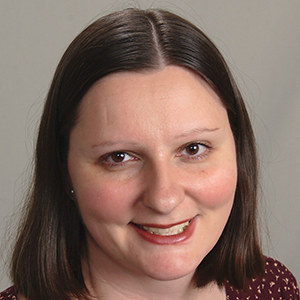Dolan recognized for ‘transformation of teaching’
Erin Dolan, the Georgia Athletic Association Professor for innovative science education at the University of Georgia, won the 2017 American Society for Biochemistry and Molecular Biology Award for Exemplary Contributions to Education. The award recognizes those who encourage effective teaching and learning of biochemistry and molecular biology.
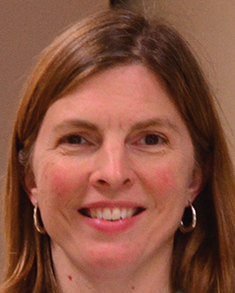 “I am honored and humbled to be recognized by my colleagues and the society with the award. It is exciting to see an influential organization like ASBMB reward efforts to promote teaching in ways that are consistent with how people learn.” — ERIN DOLAN
“I am honored and humbled to be recognized by my colleagues and the society with the award. It is exciting to see an influential organization like ASBMB reward efforts to promote teaching in ways that are consistent with how people learn.” — ERIN DOLAN Daniel Leahy at the University of Texas at Austin said in his nomination letter that Dolan’s “commitment to evidence-based transformation of teaching and learning is visionary.”
As the former executive director of the Texas Institute for Discovery Education in Science at UT Austin, Dolan led the Freshman Research Initiative, the nation’s largest university undergraduate research program that gives first-year students the opportunity to engage in research with faculty and graduate students through a three-semester lab course. In addition to guiding the FRI, she established the Texas Institute for Discovery Education in Science, an institute for education innovation with the mission to enhance the college’s leading role in science, technology, engineering and mathematics education. TIDES is focused on student programs that foster experiential and engaged learning, development programs for STEM faculty, and studies determining the effectiveness and impact of education programming.
Paula Lemons, who supported Dolan’s nomination, is a fellow instructor of the Introduction to Biochemistry course Dolan teaches at UGA. Lemons noted that Dolan uses “learning objectives to guide student work, case studies and other in-class activities to get students’ minds engaged and challenged, and constructed-response assessments that demand deep understanding and problem solving.”
Dolan’s contributions to teaching reflect her desire to help faculty become better teachers. She participated in the inaugural meeting of a national initiative to define threshold concepts in undergraduate biochemistry education.
She also took part in a think-tank meeting to promote course-based undergraduate research experiences in biochemistry and molecular biology. This resulted in a report published in CBE: Life Sciences Education in 2014. In this report, Dolan and her colleagues delineated what made course-based undergraduate research experiences meaningful. According to Sarah Elgin of Washington University in St. Louis, who wrote a nomination letter, this paper “provides a framework for thinking about assessment, about outcomes we might hope for and could measure. I believe this paper has had a very significant impact on the field.”
Dolan also supports biology education research in her role as editor-in-chief of LSE. Kimberly Tanner of San Francisco State University, a founding editorial board member of LSE who also nominated Dolan for the award, writes of Dolan’s “unwavering” focus on evidence-based understanding of science education. She also notes Dolan’s ability to “raise the level of research in the field of biology education by coaching and not shaming, supporting and not dismissing, individuals aspiring to participate in the emerging field of discipline-based biology education research.”
Dolan earned her Ph.D. at the University of California, San Francisco. She began teaching biochemistry at Virginia Tech and then moved to UGA. She then was the executive director of TIDES before returning to the UGA.
Dolan will receive her award during the 2017 ASBMB Annual Meeting in Chicago, where she will deliver an award lecture. The presentation will take place at 12:30 p.m. April 23 in room W184bc in McCormick Place.
Enjoy reading ASBMB Today?
Become a member to receive the print edition four times a year and the digital edition monthly.
Learn moreGet the latest from ASBMB Today
Enter your email address, and we’ll send you a weekly email with recent articles, interviews and more.
Latest in People
People highlights or most popular articles
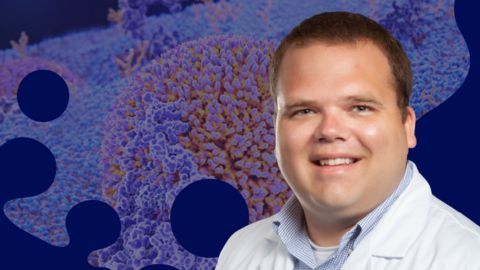
Meet Robert Helsley
The Journal of Lipid Research junior associate editor studies chronic liver disease and was the first in his family to attend college.
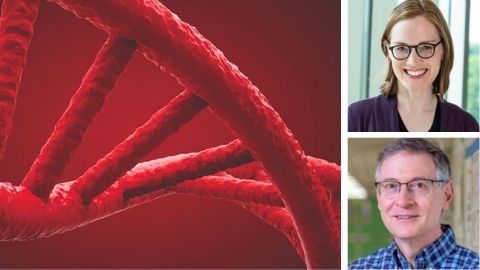
Exploring life’s blueprint: Gene expression in development and evolution
Meet Julia Zeitlinger and David Arnosti — two co-chairs of the ASBMB’s 2025 meeting on gene expression, to be held June 26-29, in Kansas City, Missouri.
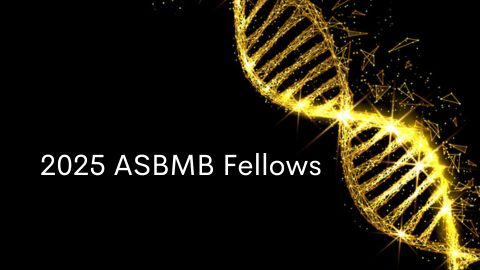
ASBMB names 2025 fellows
American Society for Biochemistry and Molecular Biology honors 24 members for their service to the society and accomplishments in research, education, mentorship, diversity and inclusion and advocacy.

When Batman meets Poison Ivy
Jessica Desamero had learned to love science communication by the time she was challenged to explain the role of DNA secondary structure in halting cancer cell growth to an 8th-grade level audience.
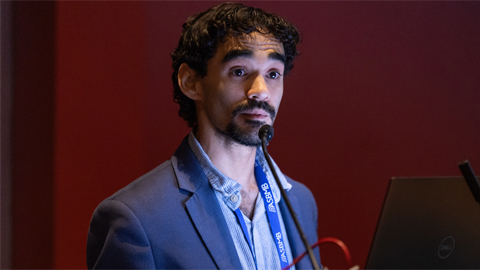
The monopoly defined: Who holds the power of science communication?
“At the official competition, out of 12 presenters, only two were from R2 institutions, and the other 10 were from R1 institutions. And just two had distinguishable non-American accents.”
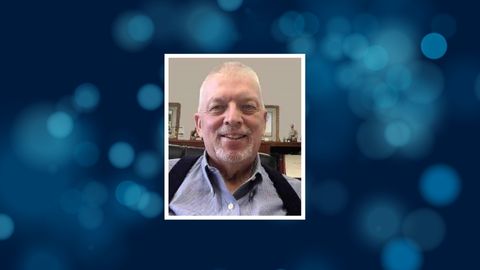
In memoriam: Donald A. Bryant
He was a professor emeritus at Penn State University who discovered how cyanobacteria adapt to far-red light and was a member of the American Society for Biochemistry and Molecular Biology for over 35 years.

